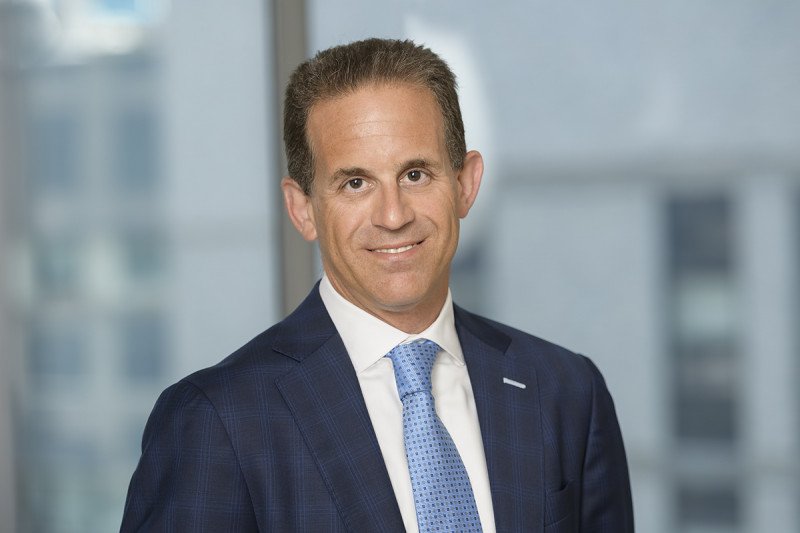
Ross Levine, MD
The oncology community has stepped up to meet the challenges of the ongoing COVID-19 pandemic but must redouble their efforts in order to stem the potential long-term consequences of this public health crisis on the field. That’s the takeaway from a new letter appearing today in Science Advances, authored by MSK physician-scientist Ross Levine.
According to Dr. Levine, the early days of COVID-19 stay-at-home orders impacted patients’ ability to seek essential cancer treatment and screenings, as well as access to specialists for rare cancers. Some estimates showed that appointments to screen for cervical, colon, and breast cancers were down about 90 percent in March this year, compared to the last three years – a reduction that could result in thousands of excess cancer deaths as those cases may be found later in more advanced stages.
Now, experts are urging patients to get back to the doctor to be screened for cancer or receive treatment, as precautions put in place at MSK make it safe for patients to come in for their appointments and procedures, including routine COVID-19 testing of patients and staff, social distancing measures, staggering appointments, and limiting visitors. Telemedicine appointments are also available when appropriate for both initial and follow-up visits.
Dr. Levine also notes that COVID-19 nearly brought to a standstill the clinical trials testing innovative new cancer therapies as well as basic cancer research in the lab, while simultaneously slowing the critical fundraising that makes such research possible. The pandemic also hindered the advancement of trainees, early career scientists, young investigators, and new oncologists – the next generation of leaders who would be moving the oncology field forward in years to come.
All these factors could halt the hard-won momentum of the modern oncology field, unless action is taken. “Cancer biology has always paved the way to biomedical innovation and improved human health, with broad, substantive impact,” Dr. Levine writes. “Cancer did not stay home during COVID-19, and we cannot stay home when the cancer field needs our collective efforts.”
